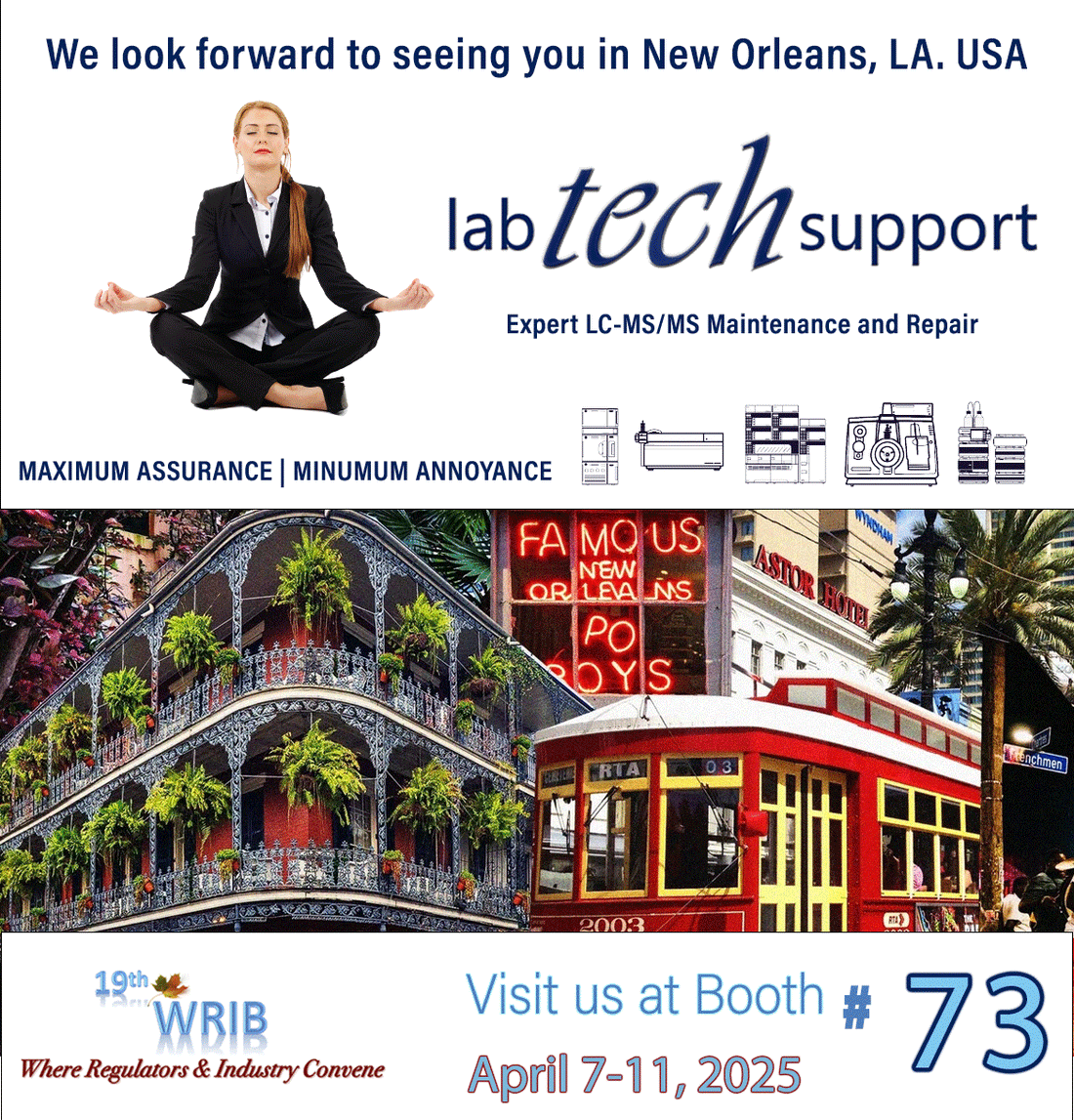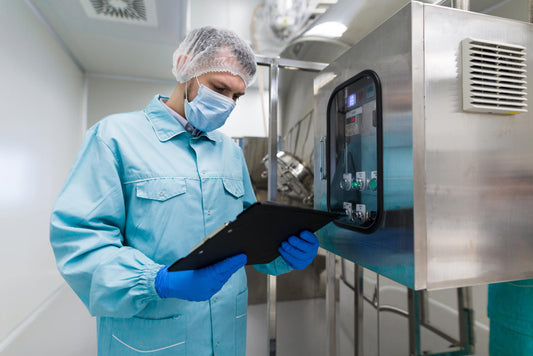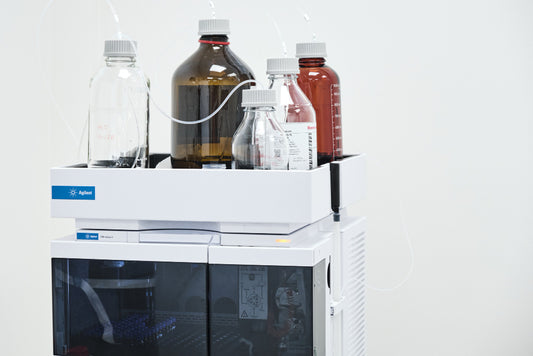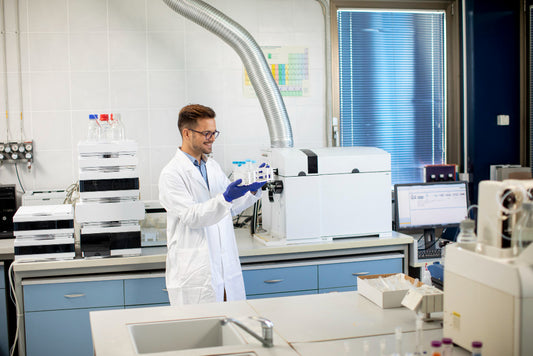April 4, 2025
Come by our booth #73 at Where Regulators & Industry Convene 2025!
WRIB 2025 (Workshop on Recent Issues in Bioanalysis) is one of the largest and most respected global conferences focused on bioanalytical science, regulatory guidance, and laboratory operations — and yes, lab tech support has a big role in this event.
What is WRIB 2025?
- A global industry conference happening April 7-11, 2025 in New Orleans, LA.
- Focuses on bioanalysis for pharmaceuticals, biologics, biomarkers, gene & cell therapies, vaccines, and immunogenicity testing.
- Brings together scientists, lab managers, regulatory agencies (FDA, EMA, MHRA, Health Canada, etc.), and service providers.
How is Lab Tech Support involved?
Lab Tech Support plays a crucial role behind the scenes in everything WRIB is about:
- Instrumentation Support:
- LC-MS/MS, HRMS, PCR, immunoassay platforms, LBA, flow cytometry — these technologies drive bioanalytical labs.
- Lab tech teams maintain uptime, troubleshoot, and optimize equipment performance — topics often discussed in WRIB workshops.
- Software & Data Integrity:
- Validation of LIMS (Laboratory Information Management Systems), CDS (Chromatography Data Systems), and 21 CFR Part 11 compliance for data integrity.
- Ensuring regulatory-ready audit trails — a frequent WRIB session focus.
- Emerging Tech Training:
- WRIB hosts workshops for new platforms (NGS, hybrid LC-MS/LBA, automated sample prep), where lab techs learn about new troubleshooting strategies or validation processes.
- Quality Control (QC) & Operational Excellence:
- Lab techs ensure system suitability, method robustness, reagent stability — all essential for reproducibility in bioanalysis.
- WRIB shares best practices for automation, remote support, and operational efficiency.
Why does WRIB matter for Lab Tech Support?
Because bioanalytical labs are only as good as their technical backbone. At WRIB 2025, lab tech support teams:
- Learn about evolving regulatory expectations.
- Get insight into technology trends.
- Network with instrument vendors for troubleshooting tips.
- Gain exposure to case studies showing how lab operations overcome common technical challenges.




